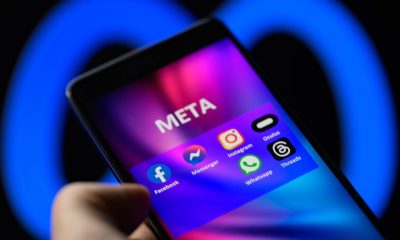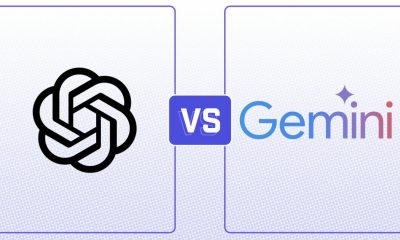Technology
Big Tech drastically reverses course on coronavirus ad policies


When tech companies roll out new policies, it’s usually after long periods of meticulous internal discussion and review. Big reversals aren’t the norm.
Then Covid-19 hit.
As the looming threat of the coronavirus began hitting the U.S. in February, many tech companies started to roll out new ad policies.
Google most nongovernmental Covid-19 advertising in early February. YouTube suit shortly after, demonetizing videos about the coronavirus so its advertisers wouldn’t see their ads placed on unpleasant coronavirus content.
Both companies, owned by Alphabet, classified the coronavirus as a “sensitive topic,” which is typically reserved for things like school shootings or natural disasters — short-term events that bad actors could capitalize on to earn money from Google’s advertising partners.
It’s clear now that coronavirus is no short-term event. It has completely altered daily life for nearly everyone around the globe.
How can you ban users from monetizing content when jobs have suddenly become so scarce? How can you ban advertisers — some organizations trying to share important information about the virus — from reaching as many people as possible?
They couldn’t. Google and YouTube have both since reversed course on their coronavirus policies.
“As the COVID-19 situation evolves, we’ve been adjusting our enforcement to ensure that we are protecting users while prioritizing critical information,” said a Google spokesperson in a to Protocol, which first reported on the Democratic Party’s to Google’s coronavirus ad ban.
Google added that it realized “that COVID-19 is becoming an important part of everyday conversation” and was working on opening its ad networks back up to coronavirus-related advertisements.
YouTube began certain channels on its platform to monetize coronavirus content in mid-March. It has since to all of its monetization partners, as long as they follow the company’s guidelines on misinformation, pranks, and distressing content.
Twitter also new ad policies tailored to Covid-19 in March. The social microblogging platform had a broad ban on promoted tweets about the coronavirus. This was before the pandemic caused people across the U.S. to self-quarantine in order to combat the coronavirus.
This week, Twitter course and allowed accounts to promote tweets mentioning the pandemic.
Many of these bans were rolled out with combating in mind. Facebook, for example, in February that it was banning coronavirus-related ads that promoted false cures and other Covid-19 disinformation.
The following month, the social networking giant medical mask ads on Facebook and Instagram in an attempt to stop price gougers. The company has been in stopping this.
Even as the coronavirus hit U.S. soil, Big Tech underestimated the scope of what was about to happen. They rolled out policies that seemed to be the result of good intentions, and went on like the world would carry on as usual. They were .
-

 Entertainment7 days ago
Entertainment7 days agoNASA discovered bacteria that wouldn’t die. Now it’s boosting sunscreen.
-

 Business6 days ago
Business6 days agoTesla drops prices, Meta confirms Llama 3 release, and Apple allows emulators in the App Store
-

 Business6 days ago
Business6 days agoTechCrunch Mobility: Cruise robotaxis return and Ford’s BlueCruise comes under scrutiny
-

 Entertainment6 days ago
Entertainment6 days ago‘The Sympathizer’ review: Park Chan-wook’s Vietnam War spy thriller is TV magic
-

 Business4 days ago
Business4 days agoTesla layoffs hit high performers, some departments slashed, sources say
-

 Business5 days ago
Business5 days agoMeta to close Threads in Turkey to comply with injunction prohibiting data-sharing with Instagram
-

 Entertainment4 days ago
Entertainment4 days agoChatGPT vs. Gemini: Which AI chatbot won our 5-round match?
-

 Business3 days ago
Business3 days agoFormer top SpaceX exec Tom Ochinero sets up new VC firm, filings reveal





















